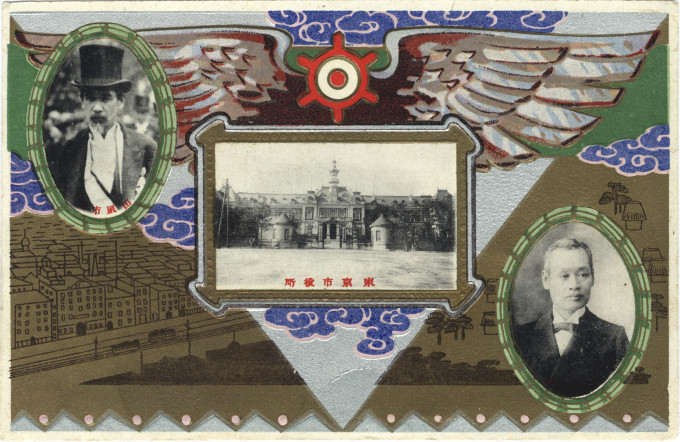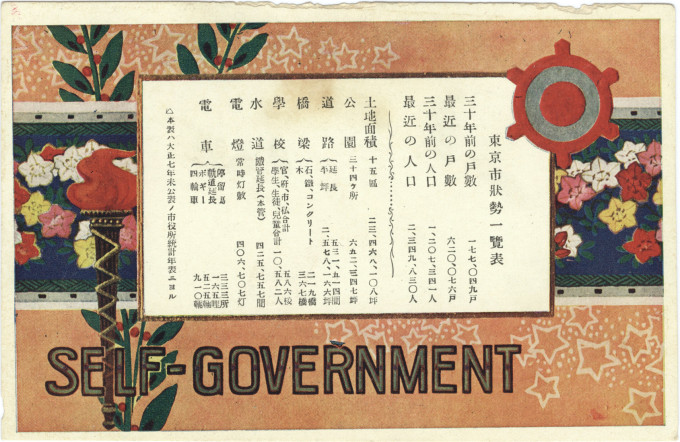“For some time past the Government have been devoting a great deal of attention to the subject of local self-Government and have elaborated a system which will come into force in April next. There is one thing, says the Mainichi Shimbun, apropros the subject which all local officials will do well to make up their minds to beforehand, and that is that their position will be considerably affected by the change that is about to take place. Hitherto it has been customary for local Governors and heads of villages with a view to making a name for themselves to start some extensive work just as they were expecting to go out of office.
“This involved the levying of rates on the inhabitants and frequently was felt to be an unnecessary burden. In the future, such a course will be impossible. Local officers have no power to act contrary to the of the people whom they govern. The public work will be discussed in representative District and City Assemblies; hence will be decided in accordance with opinions of the people who are required defray the expenses thereof.
“The desire make one’s name known is common to us all but the practice of gaining a reputation at expense of others is to be deprecated in nine months time; the whole system of government will undergo a great change; advice to local rulers is that in the interval, that and this they should not anything likely to involve heavy outlay lest so doing they render themselves unpopular.”
– The Japan Daily Mail, July 28, 1888

Commemorative postcard, Tokyo self-government 30th anniversary, 1919. Tokyo City’s first mayor, Matsuda Hideo, is shown in the upper-left photo inset.
See also:
Tokyo City Hall, c. 1910-1930
The creation of “Greater Tokyo”, 1932
A Brief History of Tokyo
“A meeting of residents of Tokyo who are anxious to acquire and disseminate a knowledge that [is] at this time most important of all subjects to Japan – self-government – was held the other day. The assembly, which was in fact the first meeting of the Jichiisei Kenkyu kai (the Society for Investigating Self-Government) took place at the Rokumeikan.
“Some fifty-five gentlemen, including Count Inouye and Viscounts Aoki and Nomura being present, Mr. Shibusawa Eiichi described at some length the circumstances attending the establishment of the society and Mr. Mosse, a German gentleman, delivered an address on Government.”
– The Japan Daily Mail, October 13, 1888
From the wiki: “In 1868, the medieval city of Edo, seat of the Tokugawa government, was renamed Tokyo, and the offices of Tokyo Prefecture (-fu) were opened. In 1888, the central government created the legal framework for the current system of cities (shi) that granted some basic local autonomy rights – with some similarities to Prussia’s system of local self-government as Meiji government advisor Albert Mosse heavily influenced the organization of local government. But, under a special imperial regulation, Tokyo City, like Kyoto City and Osaka City, initially did not maintain a separate mayor; instead, the (appointed) governor of Tokyo Prefecture served as mayor of Tokyo City. The Tokyo city council/assembly (Tōkyō-shikai) was first elected in May 1889.”


